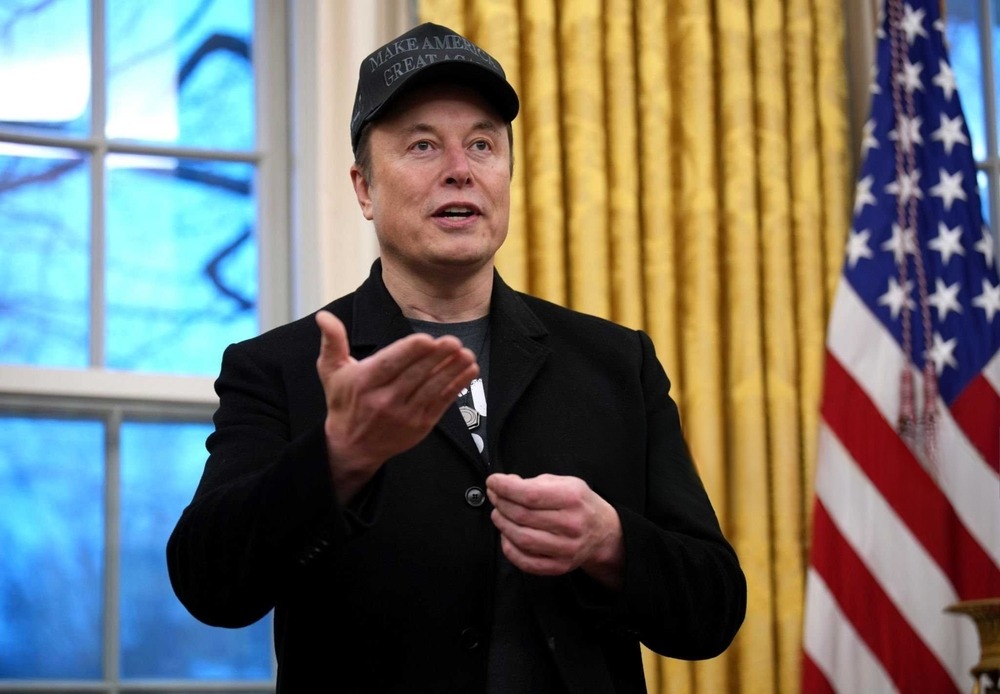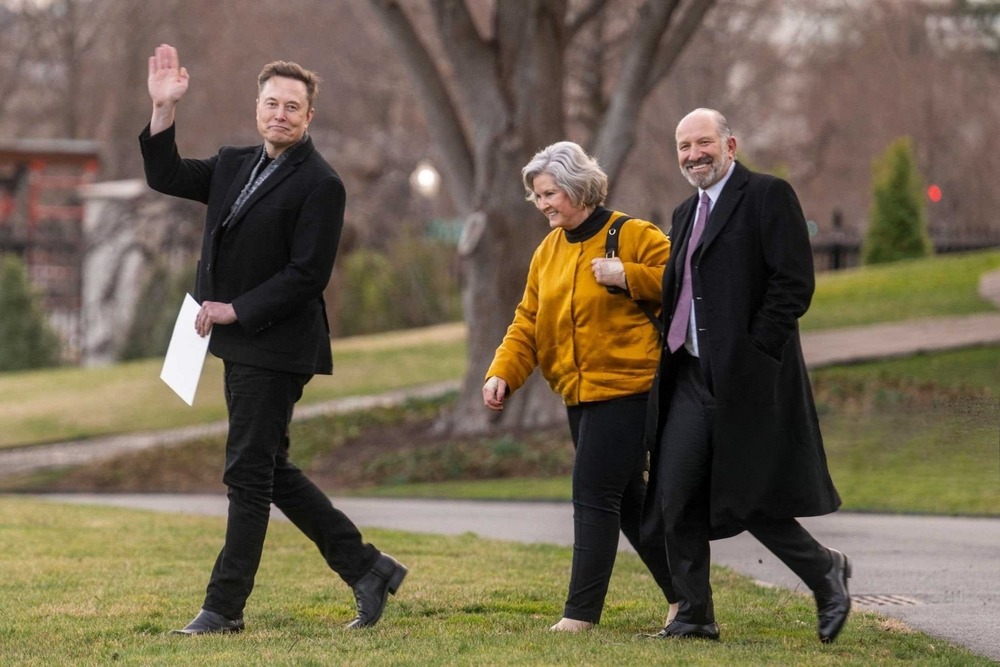Elon Musk Steps Back from DOGE: A Vanity Project Unmasked?
Elon Musk, who once pledged to trim trillions from federal spending, is stepping back from his high-profile role leading the Department of Government Efficiency—better known as “DOGE.” While Musk insists the department is still “in place and working in the government,” his reduced involvement marks a notable shift. “Starting next month, I’ll be allocating far more of my time to Tesla now that the major work of establishing the Department of Government Efficiency is done,” Musk said this week, clarifying he’ll still spend “a day or two a week” on government matters.

DOGE’s official website boasts of $160 billion in savings thanks to scrapped contracts, layoffs, and lease cancellations. But let’s be real: that figure is barely 8% of Musk’s original $2 trillion goal, or 16% of the scaled-back $1 trillion target set under President Donald Trump. Even then, serious doubts have been cast over how those numbers were calculated.
RELATED: Musk Announces Return to Tesla as Political Ambitions Backfire and Profits Plunge.
Investigations have called out DOGE’s creative accounting. A report from The New York Times revealed that some of the claimed contract cancellations were for deals that never even existed. Meanwhile, economists at Pantheon Macroeconomics peg the real savings closer to $100 billion. The U.S. still ran a $1.8 trillion deficit last year, making DOGE’s efforts a drop in a very leaky bucket.
As Oliver Allen, senior U.S. economist at Pantheon, bluntly put it: DOGE has made “only a very small step toward putting U.S. fiscal policy back on a more sustainable path.” He added that real reform would demand a political consensus to cut big-ticket items like entitlements—something that remains completely out of reach.

Conclusion - A Waste of Time
DOGE looks less like a serious initiative and more like an elaborate PR stunt. With shaky math, inflated figures, and little real fiscal impact, the entire project feels like a vanity effort meant to score headlines rather than change policy. In the end, it’s hard to see DOGE as anything but a waste of time—and I honestly don’t understand why anyone is still pretending it’s a success.










